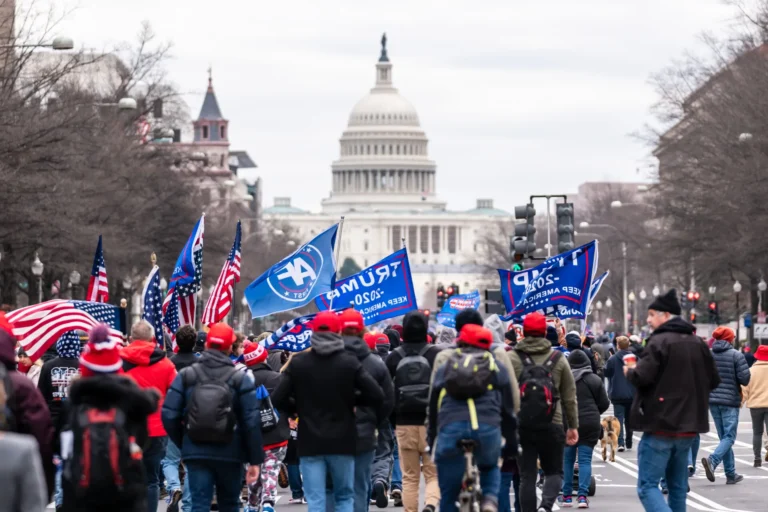By Cliff Montgomery – June 12th, 2009
There’s been a lot of talk over the last few years on precisely what–if anything–the American people need to know about their government: how it actually conducts its affairs here at home, as well as at Guantanamo Bay and beyond.
The United Nations Educational Scientific and Cultural Organization (UNESCO) in 2008 released a landmark study on the need of private citizens to know precisely what their representatives are doing in the name of ‘the people’, entitled Freedom of Information: A Comparative Legal Survey.
“Voting is not simply a political beauty contest. For elections to fulfill their proper function – described under international law as ensuing that ‘[t]he will of the people shall be the basis of the authority of government’ – the electorate must have access to information,” points out the study.
Without this essential knowledge, “it is not possible to [properly] exercise the right to vote, human rights abuses take place in secret, and there is no way to expose corrupt, inefficient government,” states the report.
Below, the American Spark has quoted a number of essential statements from the study:
“The free flow of information and ideas lies at the heart of the very notion of democracy and is crucial to effective respect for human rights. In the absence of respect for the right to freedom of expression, which includes the right to seek, receive and impart information and ideas, it is not possible to exercise the right to vote, human rights abuses take place in secret, and there is no way to expose corrupt, inefficient government.
“Central to the guarantee in practice of a free flow of information and ideas is the principle that public bodies hold information not for themselves but on behalf of the public. These bodies hold a vast wealth of information and, if this is held in secret, the right to freedom of expression, guaranteed under international law as well as most constitutions, is seriously undermined.”
“A fundamental value underpinning the right to know is the principle of maximum disclosure, which establishes a presumption that all information held by public bodies should be subject to disclosure unless there is an overriding public interest justification for non-disclosure.
“This principle also implies the introduction of effective mechanisms through which the public can access information, including request driven systems as well as proactive publication and dissemination of key material.
“A number of questions face those tasked with drafting and/or promoting legislation guaranteeing the right to know in accordance with the principle of maximum disclosure:
- How should the regime of exceptions be crafted so as to strike an appropriate balance between the right to know and the need for secrecy to protect certain key public and private interests?
- How extensive should the obligation to publish and disseminate information be and how can the law ensure that this obligation grows in line with technological developments which significantly reduce publication costs?
- What procedures for requesting information can balance the need for timely, inexpensive access against the pressures and resource constraints facing civil servants?
- What right of appeal should individuals have when their requests for information have been refused?
- Which positive measures need to be taken to change the culture of secrecy that pervades the public administration in so many countries, and to inform the public about this right?”
“Effective participation at all of these levels depends, in fairly obvious ways, on access to information, including information held by public bodies.
“Voting is not simply a political beauty contest. For elections to fulfill their proper function – described under international law as ensuing that ‘[t]he will of the people shall be the basis of the authority of government’ – the electorate must have access to information.
“The same is true of other forms of participation. It is difficult, for example, to provide useful input to a policy process without access to the thinking on policy directions within government, for example in the form of a draft policy, as well as the background information upon which that thinking is based.”
“Democracy also involves accountability and good governance. The public have a right to scrutinize the actions of their leaders and to engage in full and open debate about those actions. They must be able to assess the performance of the government and this depends on access to information about the state of the economy, social systems and other matters of public concern.
“One of the most effective ways of addressing poor governance, particularly over time, is through open, informed debate.
“The right to information is also a key tool in combating corruption and wrongdoing in government.
“Investigative journalists and watchdog Non-Governmental Organizations (NGOs) can use the right to access information to expose wrongdoing and help root it out. As U.S. Supreme Court Justice Louis Brandeis famously noted:
‘A little sunlight is the best disinfectant.’ “





